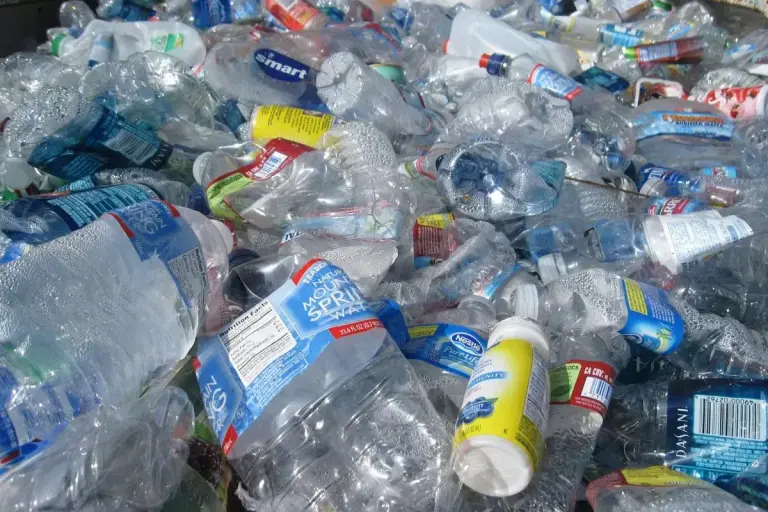Panama will prohibit all single use plastic and polystyrene products within its national protected areas starting January 1, 2026. The country’s Ministry of Environment (MiAmbiente) formalized the sweeping ban through Resolution No. DM-0496-2025, which it published in the Official Digital Gazette. This decisive action aims to protect the nation’s natural ecosystems from materials that persistently contaminate soil, rivers, and coastlines.
The new regulation applies universally to anyone entering the Sistema Nacional de Áreas Protegidas (SINAP). Visitors, tour operators, concession holders, researchers, contractors, volunteers, and public officials must all comply. Officials designed the policy to directly confront a severe pollution problem. Panama generates over 380,000 tons of plastic waste annually, with a staggering 88 percent of it eventually fouling rivers, oceans, streets, and these very protected zones.
Comprehensive List of Prohibited Items
Banned items include disposable plastic bottles and foam cups, plates, and trays. The list also covers non biodegradable bags, plastic straws, stirrers, and any other single use plastic item not classified as reusable, compostable, or biodegradable. Only reusable containers and utensils, or those made from low impact environmental materials, will receive permission for use. Acceptable alternatives consist of glass, stainless steel, certified cardboard, or bamboo, all aligned with the ministry’s Internal Guide for the Reduction of Single Use Plastics.
“The resolution seeks to protect the country’s natural ecosystems through the elimination of materials that contaminate the soil, rivers, and coasts, and that affect the biodiversity present in these natural spaces.” [Translated from Spanish]
This official statement from the resolution underscores the core environmental motivation behind the ban. The directive leaves no room for ambiguity about its goals.
A Strict ‘Pack In, Pack Out’ Policy
All activities within protected areas must now adhere to Basura Cero (Zero Waste) principles and a shared responsibility model. The policy enforces a strict “what you bring in, you take back out” rule. This approach ensures proper waste management and prevents environmental damage from discarded refuse.
The National Directorate of Protected Areas and Biodiversity, along with MiAmbiente’s regional offices, holds the responsibility for incorporating these new rules into management plans. Their mandate includes implementing surveillance, control, and environmental education actions at all park access points and visitor centers. These groups will spearhead the on the ground enforcement and public awareness campaigns critical for the ban’s success.
Panama’s legal framework for this measure is robust. The ban operates within the compliance of several national laws. These include the General Environmental Law of 1998, the 2018 law establishing the national Zero Waste Policy, and the 2020 legislation that progressively phases out single use plastics across the entire country. This new resolution represents a targeted acceleration of those existing national efforts within the most ecologically sensitive territories.
National authorities recently established the Steering Committee for the National Platform for Action on Plastics. This body will set overarching national policies to reduce plastic pollution and transition Panama toward a more circular and sustainable economy. The protected area ban serves as a significant, concrete step within that broader strategic push. It directly tackles the visible pollution that threatens the country’s cherished natural heritage and the biodiversity that depends on it. The move signals a firm commitment to prioritizing long term environmental health over the convenience of disposable polystyrene and plastic products.



